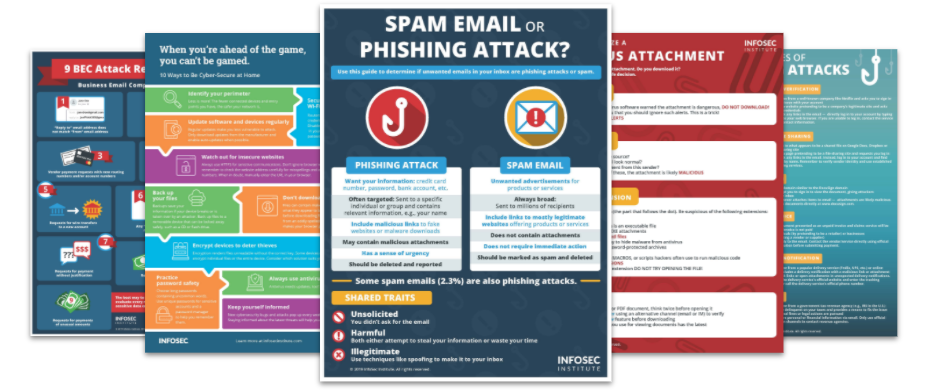British Library ransomware attack, Windows fingerprint authentication bypass
The British Library hacker demands £600,000 for the return of stolen data, security researchers bypass Windows Hello fingerprint authentication on different laptops and the Telekopye Telegram Bot. Catch all this and more in this week’s edition of Cybersecurity Weekly.
Top Security Awareness Posters

1. British Library hacker Rhysida demands £600,000 for returning stolen records
A cybercrime group named Rhysida has claimed responsibility for a ransomware attack on the British Library. They're demanding 20 Bitcoins (roughly £602,500 or $760,818) to return the stolen data. Stolen items include employee passport scans and financial records, which the group threatened to release on the dark web. The library is collaborating with the authorities to resolve the crisis and restore services.
2. Researchers hack Windows Hello auth system to expose new vulnerabilities
Security researchers from Blackwing Intelligence have successfully bypassed Windows Hello fingerprint authentication on Dell, Microsoft and Lenovo laptops. The team used man-in-the-middle attacks to exploit weaknesses in sensors made by ELAN, Synaptics and Goodix. Despite using advanced Match-on-Chip technology, the sensors were found to be vulnerable. Blackwing Intelligence advises enabling SDCP on all devices to enhance security against such vulnerabilities.
3. Cybercriminals use Telekopye Telegram bot to conduct large-scale phishing attacks
Security researchers have uncovered a new scam operation using a malicious Telegram bot named Telekopye. This bot automates the creation of phishing web pages and sends URLs to potential victims. Victims clicking these URLs are redirected to a bogus payment gateway controlled by hackers. While the exact origins of the malware actors are unknown, the targeting of popular Russian online marketplaces is indicative of their residence.
4. ClearFake browser update campaign targets macOS users with Atomic Stealer malware
Malwarebytes warns that the ClearFake campaign is now targeting macOS users with Atomic Stealer (AMOS) malware. Disguised as fake browser updates, it steals sensitive data like passwords and credit card details. Compromised websites mimic Apple Safari and Chrome pages to trick users into downloading a malicious DMG file. This alarming trend marks a significant shift in cyber threats to macOS systems.
5. North Korean hackers pose as tech recruiters and job candidates to conduct attacks
In a new twist, North Korean hackers are posing as job recruiters and seekers to infiltrate organizations worldwide. Researchers found that these threat actors are luring victims via fake interviews and GitHub resumes. Their latest campaigns are designed to deploy malware that steals sensitive data and provides unauthorized access. These campaigns highlight the evolving sophistication of North Korean cyber threats.
See Infosec IQ in action
![]()







